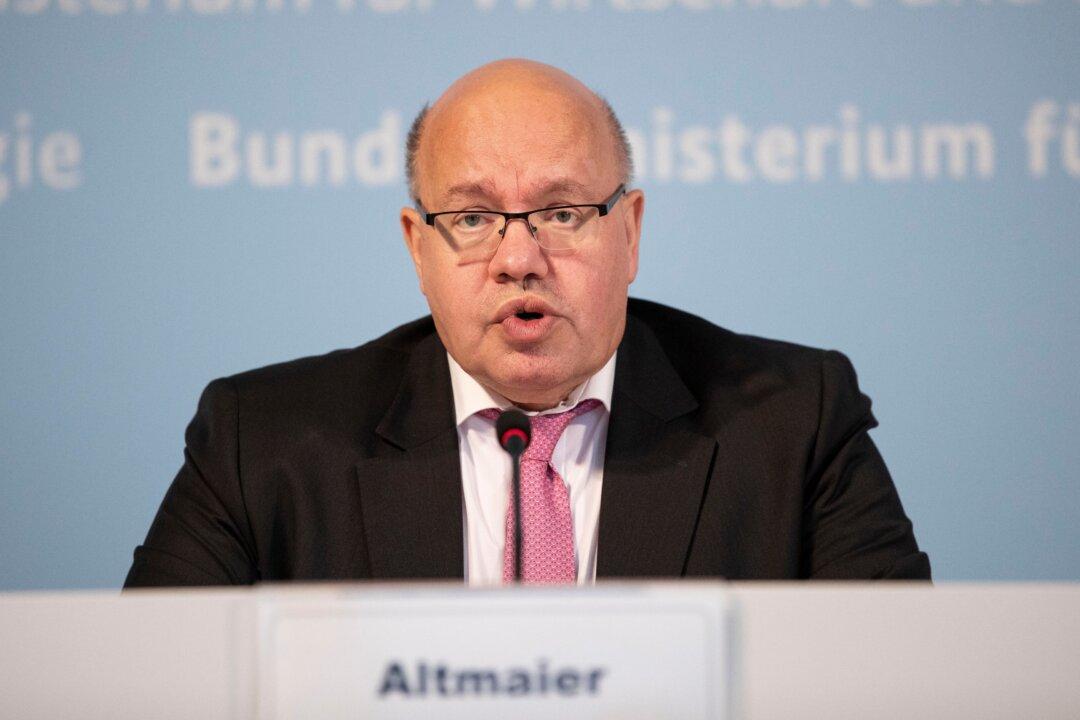BERLIN—The European Union must diversify its trade relations, become less dependent on Asian suppliers in certain areas such as medical precursors, and develop its own value chains within the 27-member bloc, German Economy Minister Peter Altmaier told Reuters.
“The coronavirus pandemic has taught us that Europe must stick together and diversify its trade relations,” Altmaier said in remarks cleared for publication on Friday.





